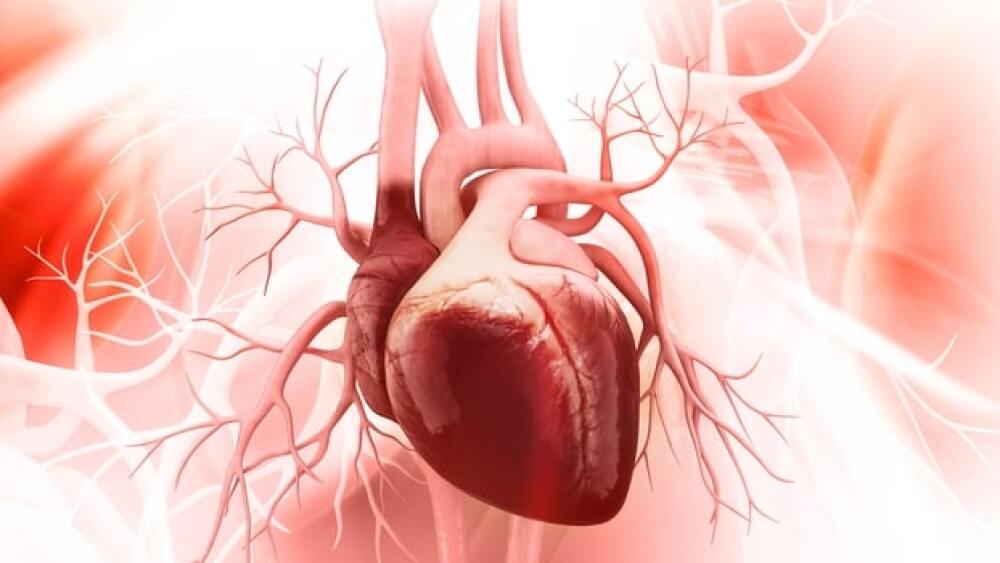The university’s most recent discovery utilizes messenger RNA (mRNA) technology to combat the physiological effects of heart attacks – with potential for a near reversal of heart muscle damage.
King’s College London, based in the United Kingdom, has a sharp focus on heart-related research. The university’s most recent discovery utilizes messenger RNA (mRNA) technology to combat the physiological effects of heart attacks – with potential for a near reversal of heart muscle damage. If the technology advances to regulatory approval, with indications for heart attack patients, the result could drastically improve the standard of cardiac care and extend the lives of millions.
This new use of mRNA has been named genetic tracking, termed for the way that injectable mRNA is tracked as new proteins are produced in response. The proteins that are created aid the heart muscle in regeneration of cells – a response that hasn’t yet been seen in any cardiac medications or post-episode treatments. The U.S. Centers for Disease Control and Prevention defines mRNA as a technology that can “teach our cells how to make a protein that will trigger an immune response inside our bodies.” As the genetic tracking technology is injected directly into a patient’s heart, either in an ambulatory or hospital setting, the mRNA instructs cells to begin regeneration.
Typically, once a heart attack is onset, standard of care is CPR, defibrillation and to attempt to reduce the damage caused. Rather than a patient developing scar tissue as heart muscle cells die, genetic tracking allows for protection of the cells and regeneration of new cells through encouraged proliferation. The result is minimized damage, faster recovery and a lower risk of the patient advancing into heart failure.
Genetic tracking has been tested in pig hearts and thus far, been successful. Human testing is anticipated within a few short years. The lead researcher on genetic tracking, Professor Mauro Giacca commented on the impressive development.
“We are all born with a set number of muscle cells in our heart and they are exactly the same ones we will die with. Our goal has been to find a treatment that can convince surviving cells to proliferate. We are using exactly the same technology as the Pfizer and Moderna vaccines to inject micro RNAs to the heart, reaching surviving heart cells and pushing their proliferation,” he said.
Since the onset of the COVID-19 pandemic, mRNA technology has been used for various purposes and a wide range of indications. Applying it toward the development of a treatment for heart disease and gaining regulatory approval would be groundbreaking for the global medical community.
Within the U.S. alone, heart disease is the number one cause of death and a fatality occurs every 36 seconds, according to the CDC. This staggering statistic is bolstered by an annual financial burden of over $300 billion that is placed upon the national healthcare system. Globally, the World Health Organization reports that 17.9 million lives are lost to cardiovascular diseases each year.
King’s College London has an ongoing interest in uncovering cardiac treatments, such as how to better utilize MRI technology to quickly identify heart defects in newborns and how anatomical heart changes can indicate impending heart arrest.





